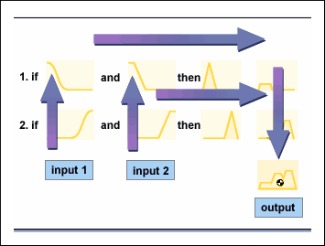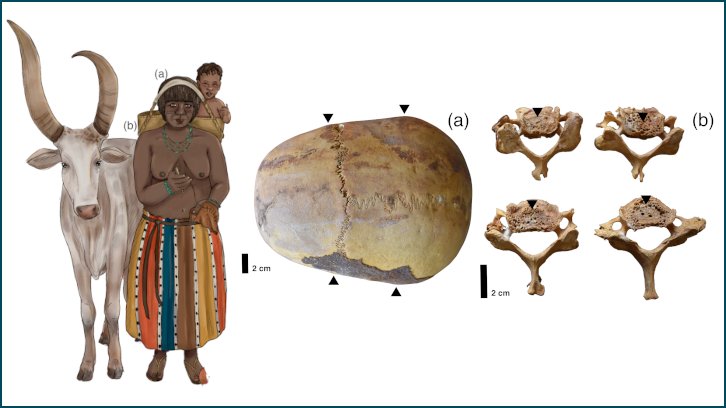Different notions of possibility characterized using fuzzy logic

The representation of human-originated information and the formalization of commonsense reasoning has motivated different schools of research in Artificial or Computational Intelligence in the second half of the 20th century. This new trend has also put formal logic, originally developed in connection with the foundations of mathematics, in a completely new perspective, as a tool for processing information on computers. Classical logic has traditionally put emphasis on symbolic processing at the syntactical level and binary truth-values at the semantical level.
The idea of fuzzy sets introduced by L. A. Zadeh in the early sixties has brought forward a new formal framework for capturing graded imprecision in information representation and reasoning devices. Indeed, fuzzy sets membership grades can be interpreted in various ways which play a role in human reasoning, such as levels of intensity, similarity degrees, levels of uncertainty, and degrees of preference. It should be emphasized that the fuzziness of a property is not viewed as a defect in the linguistic expression of knowledge (e.g., lack of precision, sloppiness, limitation of the natural languages), but rather as a way of expressing gradedness.
The term fuzzy logic has been often used for dealing not with degrees of truth but with degrees of any other quality or modality (possibility, entropy, necessity, or even probability). Thus, for a long time, fuzzy logic has been (and still is) understood as an engineering toolbox. Driven just by applications, it lacked (meta)theoretical foundational grounds and general results; mostly developed by engineers for particular purposes, it suffered from arbitrariness in definitions and often even mathematical imprecision. During the nineties, this situation started to change mainly thanks to the works by S. Gottwald, P. Hájek, R. Cignoli, V. Novák, and by many other mathematical logicians. They developed systems of many-valued logic as suitable formalisms to deal with fuzziness in the sense of pertaining to gradual properties. The efforts of these researchers culminated in establishing mathematical fuzzy logic as a subdiscipline of mathematical logic a respectable member of the broad family of non-classical logics.
The most important continuous t-norms.
Gödel logic is one of the prominent systems of fuzzy logic and it is an extension of intuitionistic logic. The paper presents several logics trying to capture different notions of necessity (in the sense of possibility theory) for Gödel logic formulas. Based on different characterizations of necessity measures on fuzzy sets, a group of logics with Kripke style semantics are built over a restricted language, namely a two level language composed of non-modal and modal formulas, the latter moreover not allowing for nested applications of the modal operator N. Completeness and some computational complexity results are shown.
References
"Extending possibilistic logic over Gödel logic". P. Dellunde, L. Godo and E. Marchioni. International Journal of Approximate Reasoning. 52(1): 63-75, 2011.


